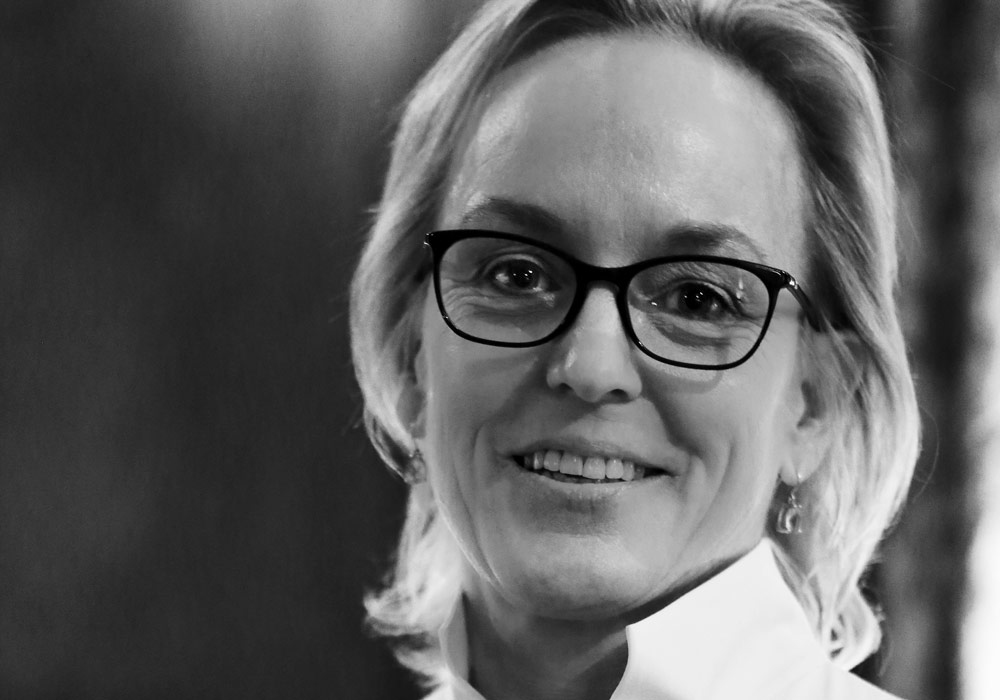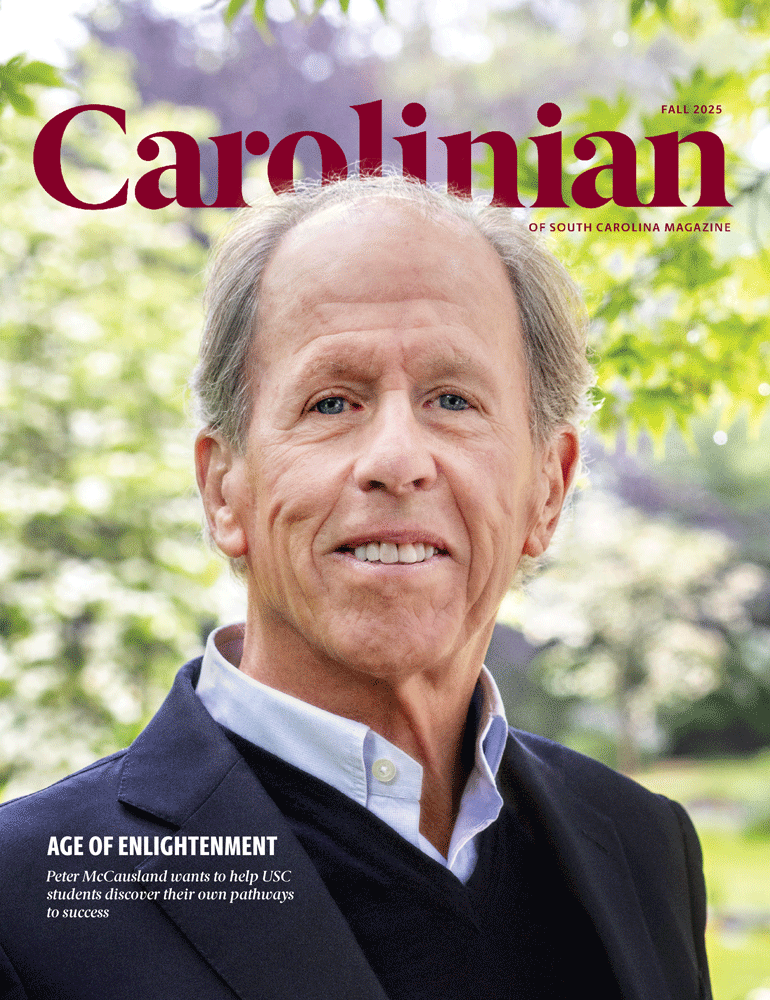Katy Close doesn’t want to talk politics. She worries about the future of medicine in politically unstable countries like Haiti, where she spent several years as a primary care physician, but treating patients, she insists, has to be nonpartisan.
“To be successful as a physician in most of these places you have to not be in politics, you have to ignore politics,” says Close, who now practices part of the year at Smith Medical Clinic in Pawleys Island, South Carolina, and part of the year in Connecticut, where she is on the board of the health-focused relief and development organization Americares.
Close had her first experience delivering health care outside the U.S. in 1986, when she visited El Salvador at the height of a civil war. She was a third-year med student at the time but joined several School of Medicine Columbia faculty on a relief trip following a catastrophic earthquake.
There, she assisted a nurse from the pediatric intensive care unit at Richland Memorial Hospital (now PRISMA Health Richland) as they treated children for respiratory infections, middle ear infections, anemia, malnutrition and other conditions at a makeshift clinic.
Dr. Charles Bryan, at the time an infectious disease specialist at USC, was on the same trip. Not only does he remember the long-ago mission; he remembers Close.
“Katie came from privilege, but you wouldn’t know it,” says Bryan. “She was a trooper who was there because she wanted to learn and she wanted to help.”
Bryan, who is pulling together his papers from the School of Medicine archives, saved a series of clippings from The State newspaper, which sent an embedded reporter.
“This is what I planned to do when I started all this medical school,” Close told the reporter for an article that appeared in November 1986. “If the only reason to go to medical school is for the money, then I can’t imagine going.”
And after such an intense experience, Close couldn’t imagine doing anything else — though she set her sights not on Central America but on Haiti. Her parents had vacationed there in the 1950s and her mother had been heavily involved with an orphanage there.
She returned to the island nation as a physician in 1998 and kept coming back. “My family has always had a relationship with Haiti,” she says. “I was going to end up in Haiti one way or another.”
From 2004 to 2019 she spent four months a year at Hôpital Albert Schweitzer in Deschapelles, Haiti. Over those 15 years, she provided health care to patients in desperate need. “We kept a lot of diabetics alive in Haiti because they had no medicine when we got there,” she says, citing one example.
She also saw the potential to help educate future doctors, though she cautions that delivering health care in impoverished communities isn't for everyone. In 2014, for example, she went to Liberia with Americares during the Ebola crisis. They were able to execute their plan, but she worked alongside many volunteers who were not equipped for the work.
“You have to know what you’re doing,” says Close. “If you don’t know what you’re doing, you shouldn’t be there.”
So that became part of her mission, too. Over several years, she invited others to visit Hôpital Albert Schweitzer. In addition to med students, former dean of the School of Medicine Columbia, Dr. Richard Hoppmann, made the trip. So did infectious disease specialist and School of Medicine Columbia faculty member Dr. Divya Ahuja.
“I took both students and faculty to Haiti, we educated each other,” says Close. It’s a commitment she hopes will continue at USC, regardless of obstacles and headwinds.
“It’s a great school to learn how to take care of people,” she says. “In the future, all the AI, the newest developments in medicine, all those things are going to make some parts of medicine a lot easier. But you still have to know how to take care of a person, and that’s what they teach very well at the University of South Carolina School of Medicine.”


